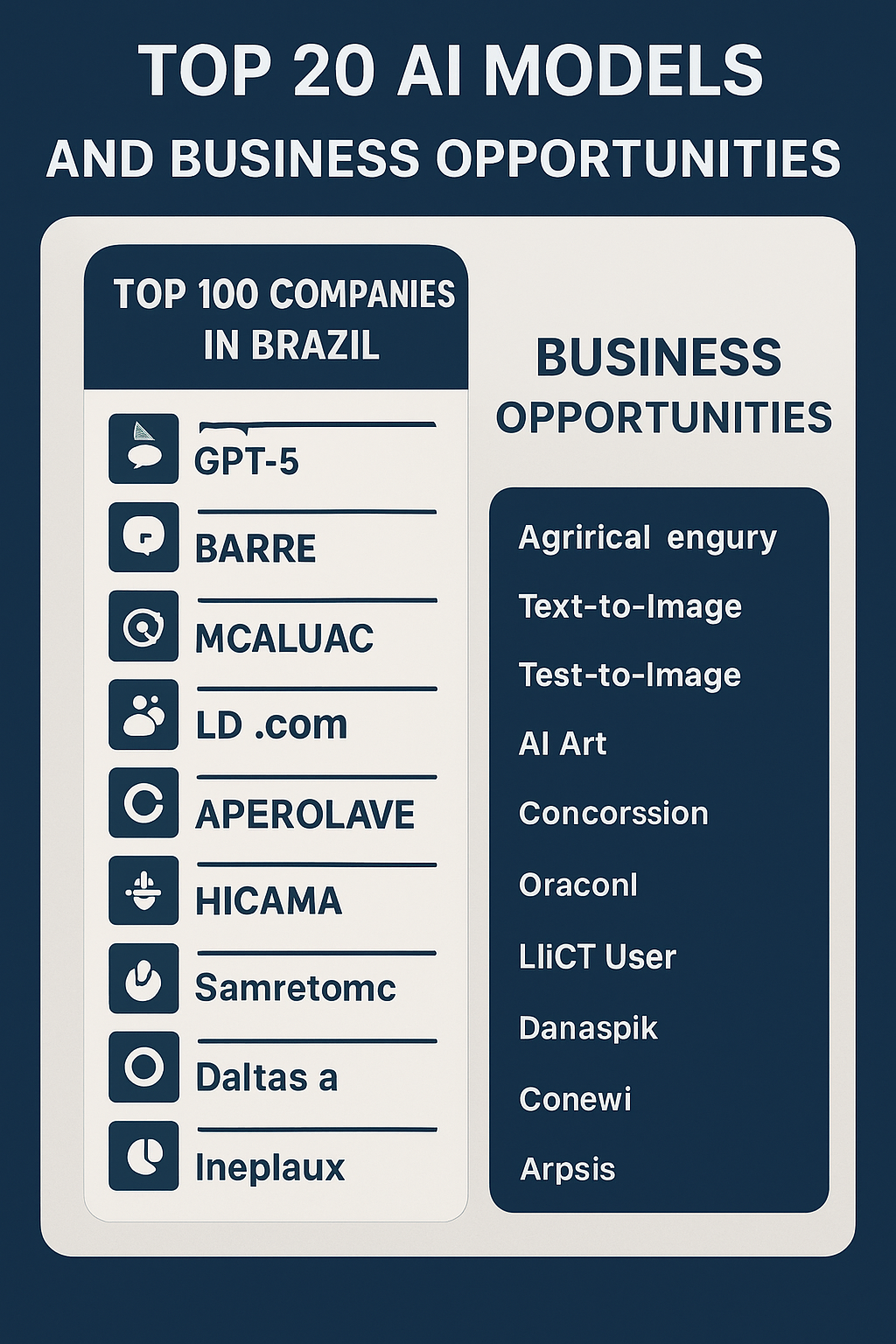
Understanding the Purpose of Creation and Objectives of Shariah in Islamic Governance
Explore the profound relationship between the purpose of creation and the objectives of Shariah in Islamic governance. This article delves into how Islamic principles guide the establishment of a just and moral society, highlighting the significance of Shariah in achieving these divine objectives.















